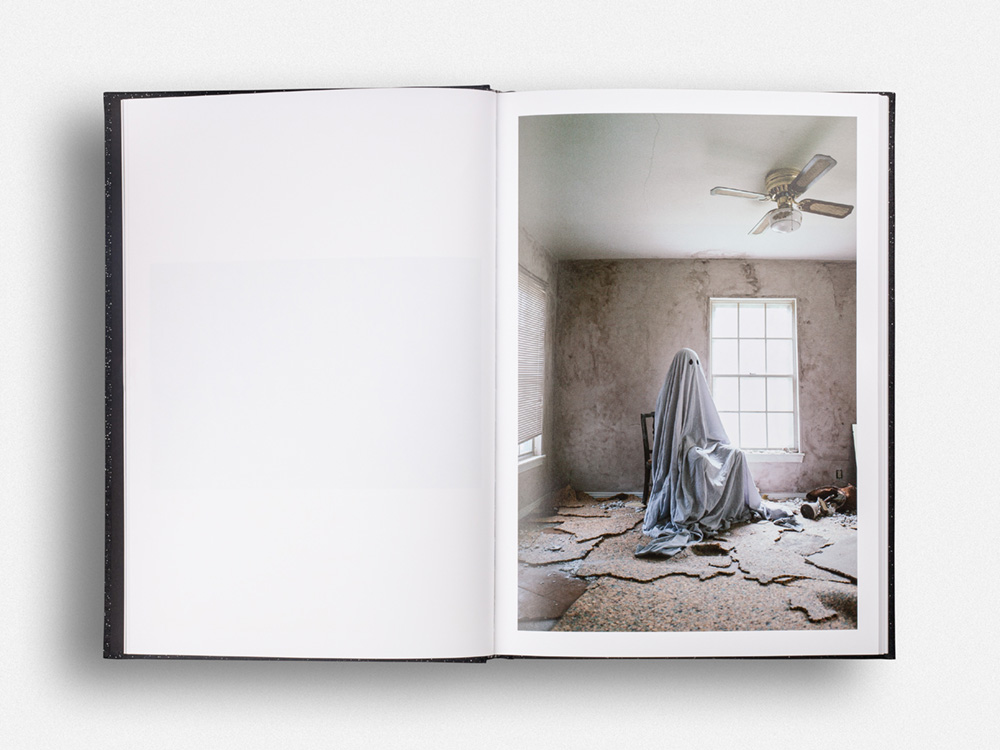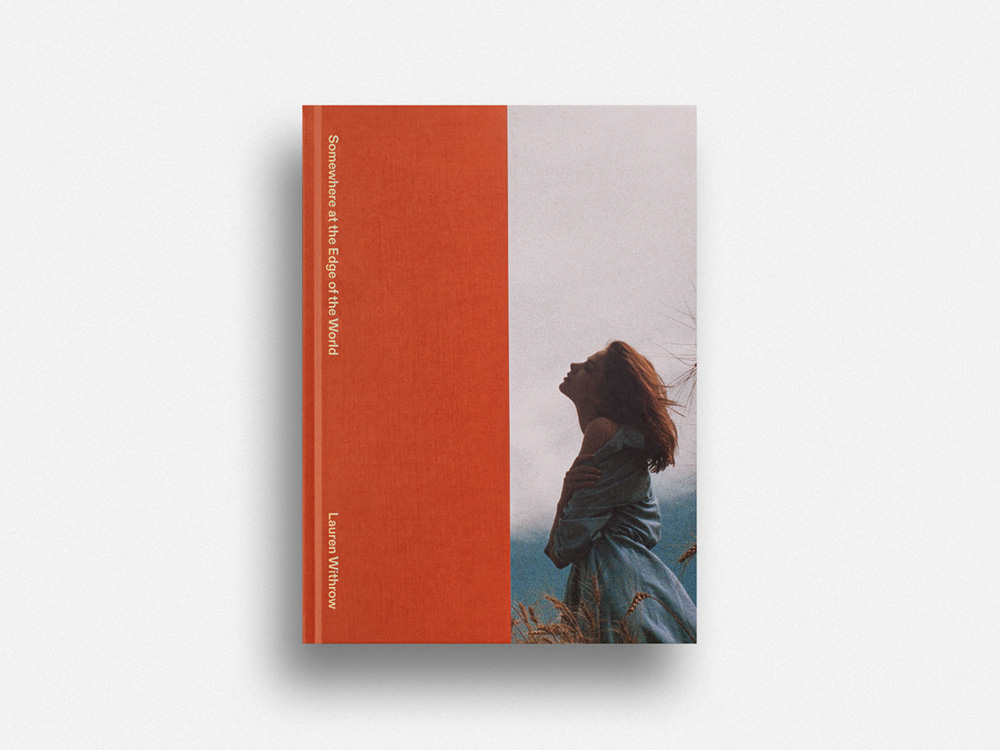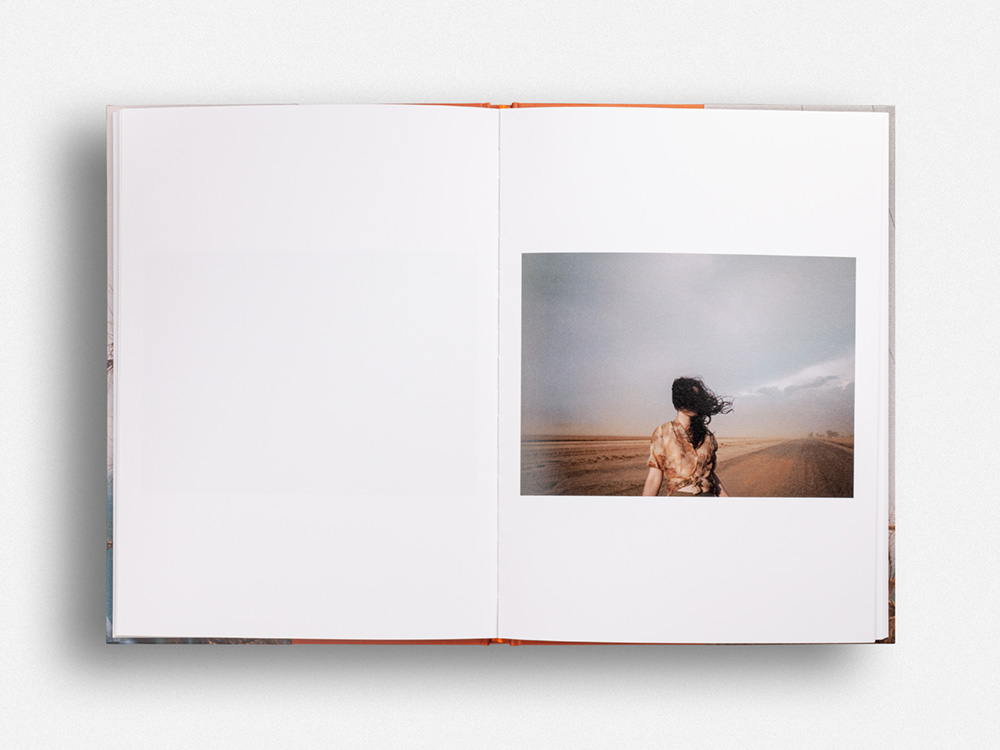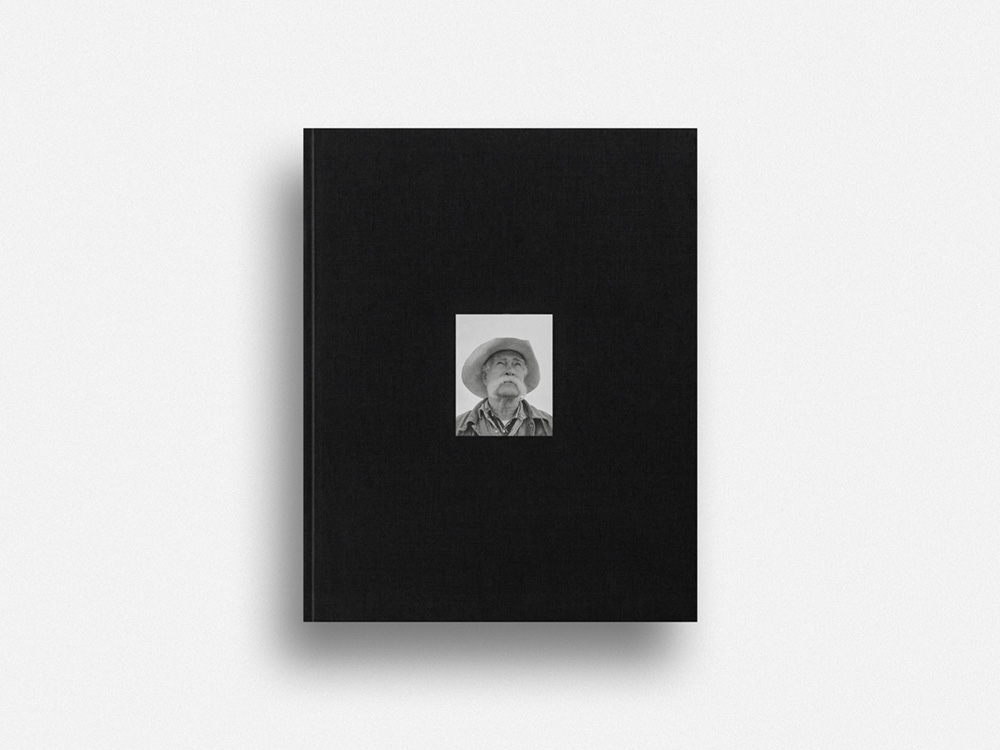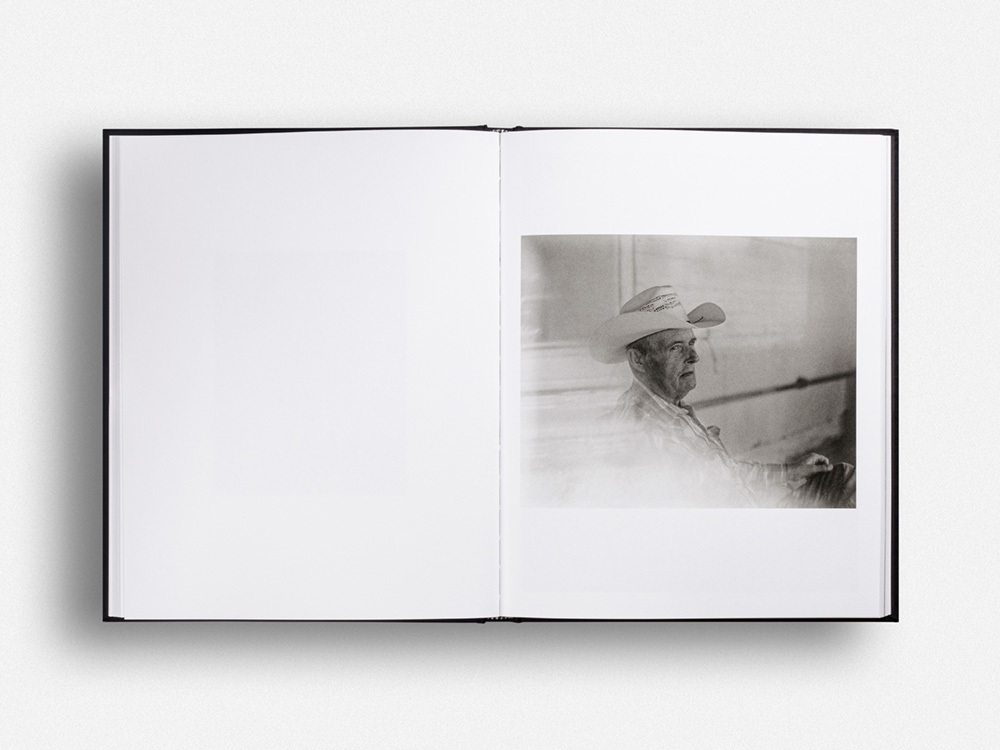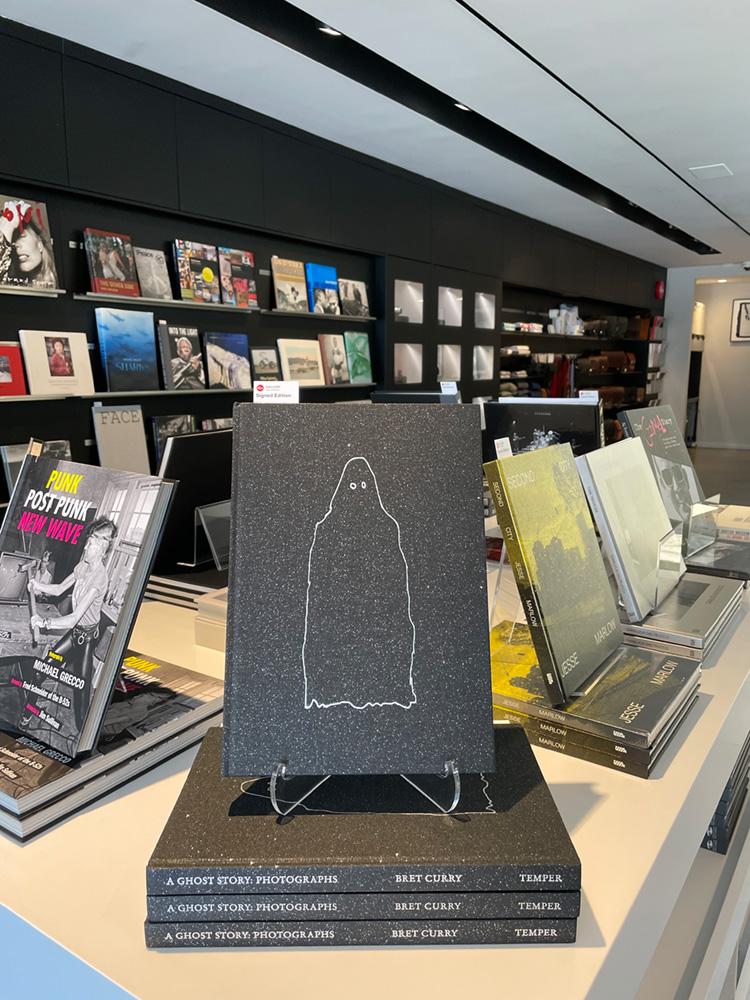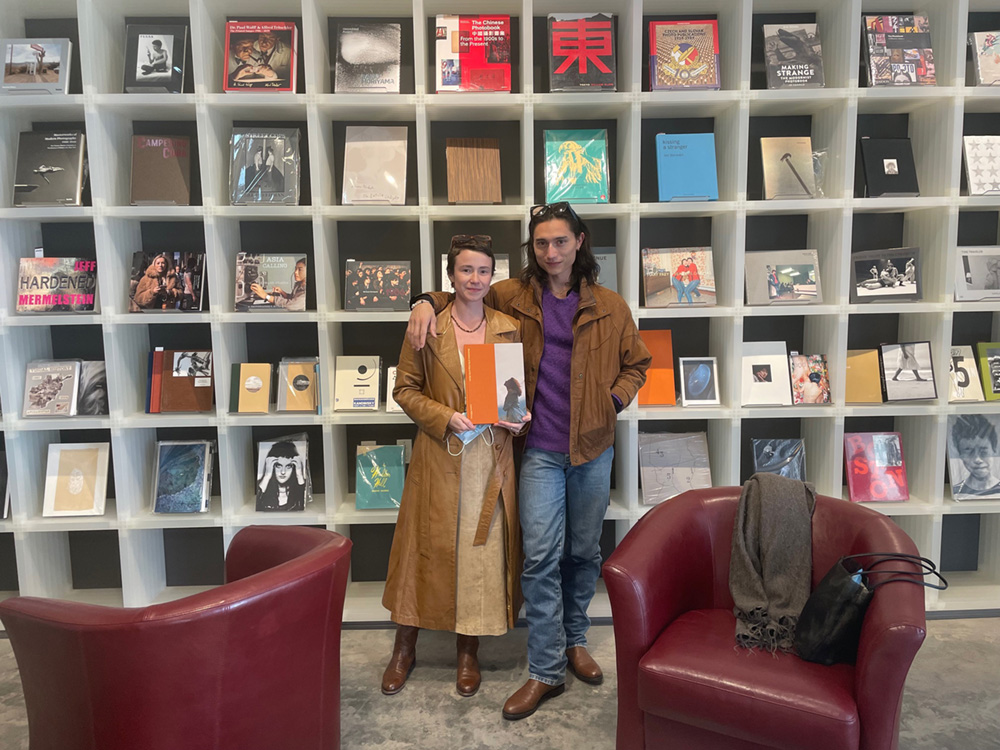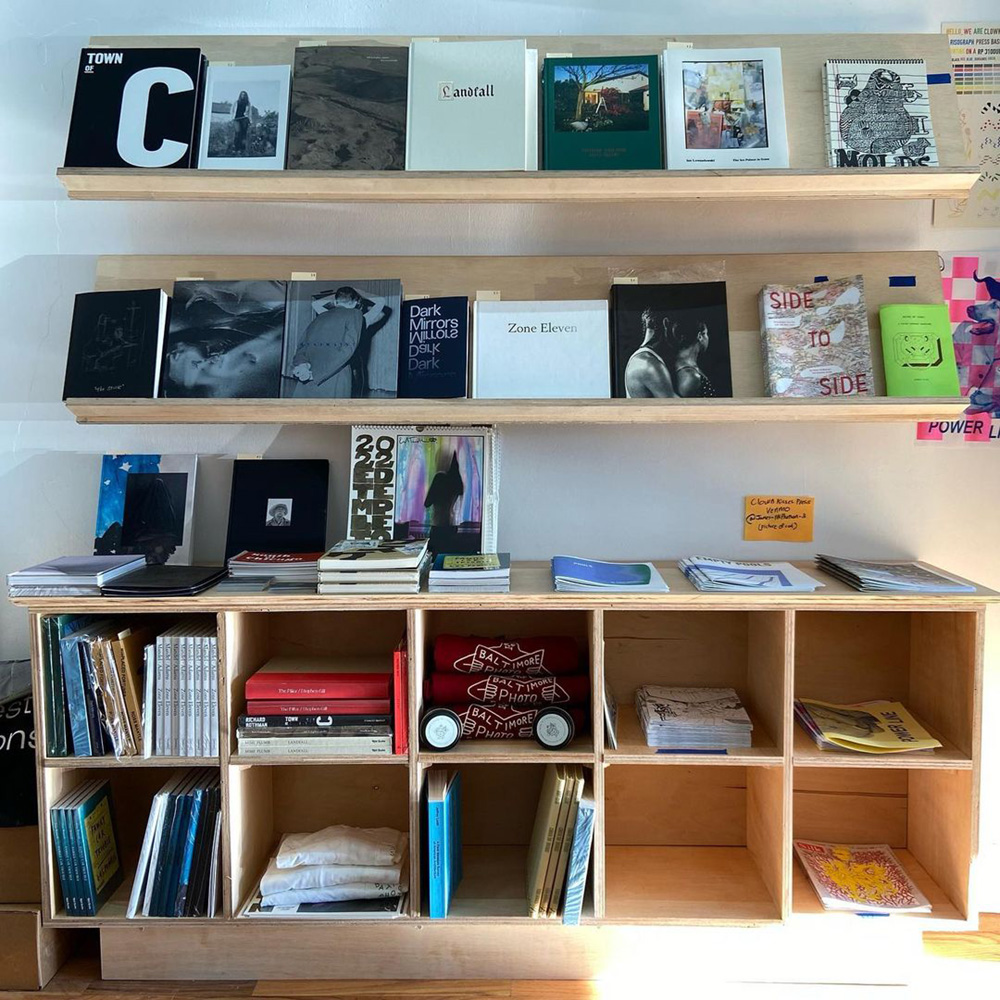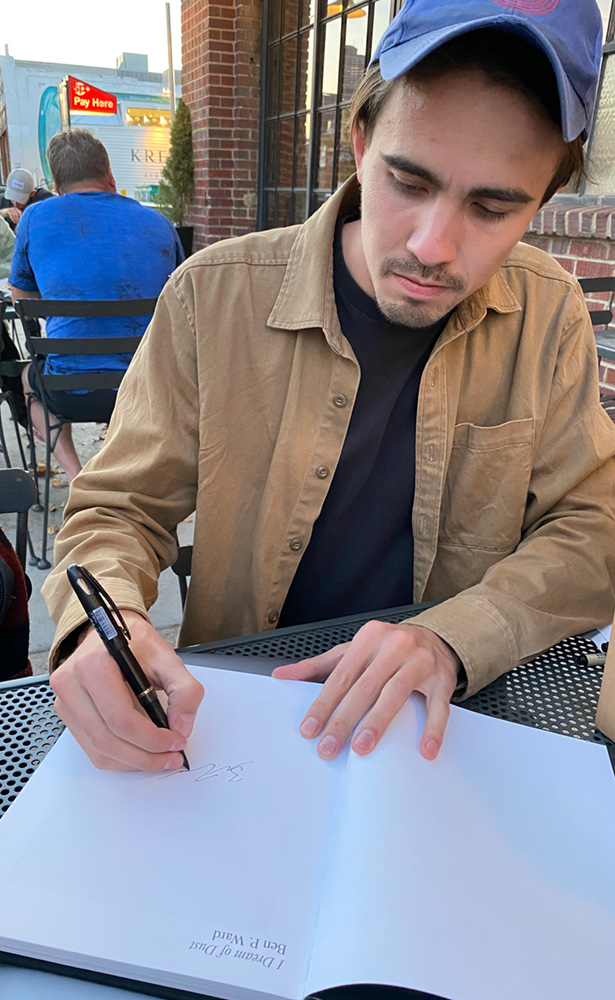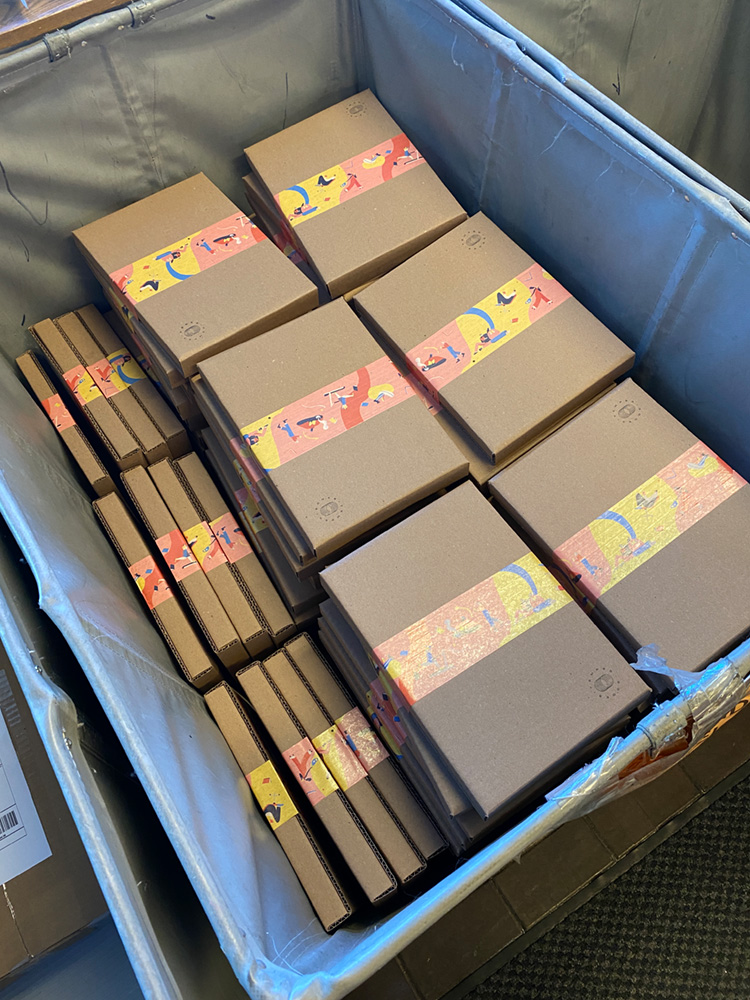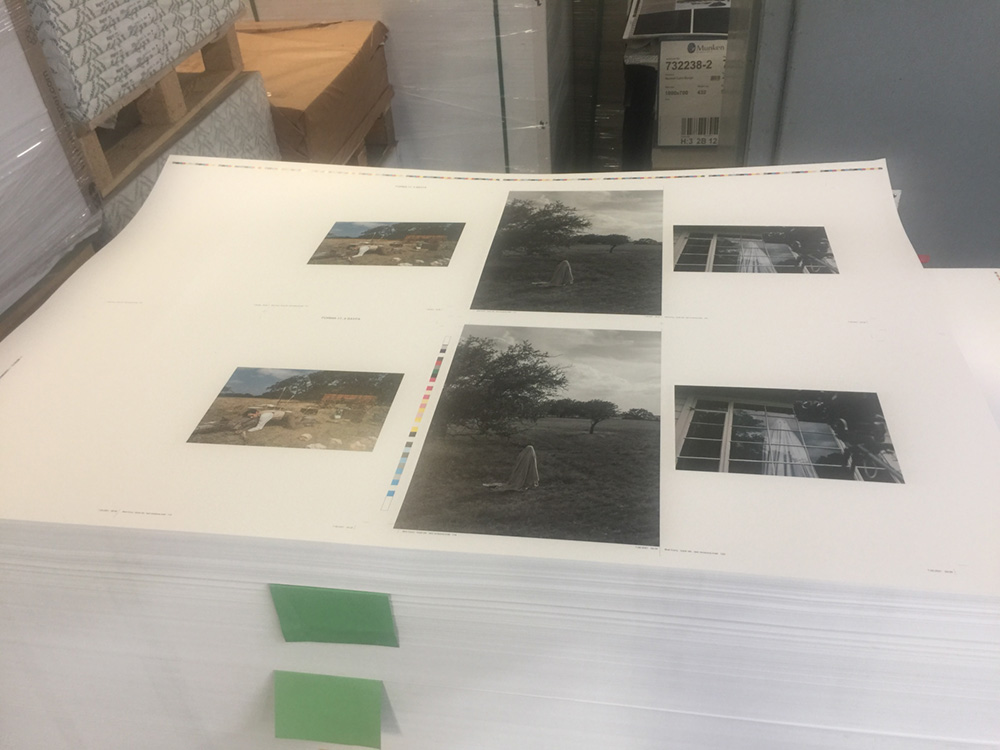Publisher’s Spotlight: Temper Books
This month is all about books on Lenscratch. In order to understand the contemporary photo book landscape, we are interviewing and celebrating significant photography book publishers, large and small, who are elevating photographs on the page through design and unique presentation. We are so grateful for the time and energies these publishers have extended to share their perspectives, missions, and most importantly, their books.
Temper is an independent publishing group crafting art books from artists across photography and film. Temper is made up of former Apple employees with an affection for printed art. An independent publishing group based in Denver, it crafts art books from artists across photography and film. Its artists pay no service or production costs to eliminate their financial risk, and receive royalties on every book sold. It believes in small runs, minimal design, a close in-house collaboration with artists from start to finish, and to experience art beyond a screen.
Follow Temper on Instagram: @temperbooks
 What was the first book you published, and what did you learn from that experience?
What was the first book you published, and what did you learn from that experience?
We published three books to start: I Dream of Dust, Somewhere at the Edge of the World, and A Ghost Story: Photographs. Making your first book be making your first three books in unison was certainly a challenge, but it provided lessons in real-time that could be applied throughout all titles.
What is your mission as a publisher?
To have people experience art beyond a screen, and to feature artists who otherwise wouldn’t be able to afford to publish their own book. (We pay for all production costs.)
How big is your organization?
Just two of us. We’re small. This is a labor of love.
What are the difficulties that publishers face?
Production costs. Making high-quality photo books is expensive. It’s getting prohibitively expensive, we think. From talking to other publishers, more than 80% of books lose money. That’s a poor business model, and it starts because press and material costs are outrageous. Covid, supply chain issues, and the global shipping crisis are adding to this.
Are there any publishing projects that have been particular meaningful to you?
All of our titles, and the creation of the company as a whole, really. Each has provided complexities, stress, joys, challenges, triumphs, and every human emotion therein. It’s been a heck of a ride.
What upcoming projects are you excited about?
How to survive 2022!
How many books do you publish a year, and how do you choose which projects to publish?
Do you have a specific focus? Our initial plan was to publish eight books per year – four in
the first half, four in the second. However, production costs, supply constraints, and
increasing shipping timetables have reduced that to four. We’re hoping to push that, but
four seems realistic at our scale. We love to publish any genre – no particular focus – as
long as we think it’s good work, we want people to be inspired by it.
How can an artist get their work in front of you? Do you have any advice for photographers?
Artists can submit their work to us free of charge. Our advice is to have a solid story or
project in mind. We see many submissions where the imagery – however beautiful – doesn’t
have a cohesive structure. A story that accentuates or expands upon the printed medium –
taking advantage of the paper, its smell, its texture, the cover materials, finishes, binding,
and other details – all help tell a cohesive story along with your images. Take all of those
variables into account.
What is the typical timeline of a project, from the beginning to the finished product?
Because of Covid, it took almost a year for each of our books to be born – from initially
reaching out, to having the finished product in hand. That’s probably twice as long as it
should have taken.
How collaborative is the design process with the artist?
It’s imperative. We did a lot of research before we began our imprint, and one of the biggest complaints we heard from artists who has previous been published is that publishers took their images, quickly put together an edit, and never collaborated with the artist. That’s absurd. It takes a photographer years to hone their craft, and their work should be respected. We demand our photographers be involved in all aspects – materials, selects, edits, layouts, everything.
How is the financial side of the project structured between publisher and artist? Does the artist contribute to production cost?
We are one of the rare publishers that pays for all production costs. Our artists pay nothing. In fact, we actually pay royalties if the bookbreaks even. Unfortunately, ever increasing production costs don’t make this a sustainable practice; we can see why the existing business model exists. We just don’t agree with it.
What support do you give artists in terms of marketing or distribution? Do you attend book fairs?
We began at the worst possible time with Covid shutting everything down, so it’s been a lot of digital and social marketing, and working with photo bookstores across the country to help spread the word. It’s admittedly been difficult not being able to do this in more traditional means.
Posts on Lenscratch may not be reproduced without the permission of the Lenscratch staff and the photographer.
Recommended
-
Publisher’s Spotlight: Smog PressJanuary 3rd, 2024
-
Publisher’s Spotlight: Kult BooksNovember 10th, 2023
-
Publisher’s Spotlight: ‘cademy BooksJune 25th, 2023
-
Publisher’s Spotlight: Brown Owl PressDecember 10th, 2022
-
Publisher’s Spotlight: DOOKSSeptember 26th, 2022


